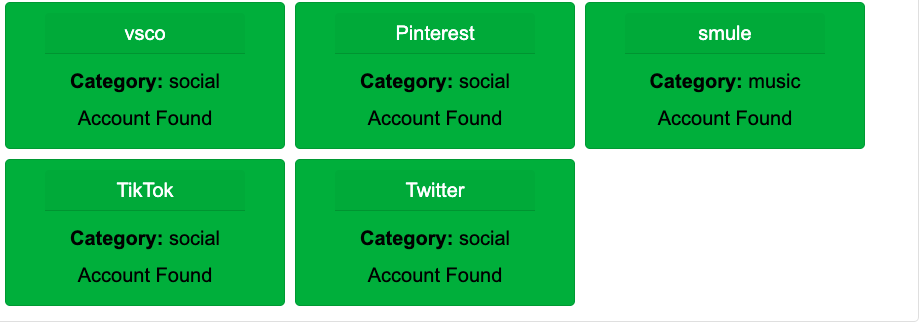You just enjoyed a nice dinner out with a few friends and are ready to pay. You reach in and notice you forgot your credit card. Your friend pays for dinner, but instead of waiting to pay him back you easily whip out your phone, head to your Venmo app, and send your friend money with ease.
What is Venmo?
Venmo is an app that is owned by PayPal with over 52 million users, as of 2020. This person-to-person app allows you to easily send or receive money from friends, family, or co-workers. Simply click on the “Pay or Request” button, type in your friend’s email, phone number, or username. You can also scan a QR code from the app if your friend is nearby. Venmo is also free when you link your bank account to the app. What is not to love? This app has some incredible advantages and unfortunately a few disadvantages…
Privacy Entanglements
Venmo requires you to write out or choose an emoji to describe your payment before you can submit it. While this is a clever way to keep track of your payments, there are significant privacy concerns involved.
- The Payment app reveals a massive number of private details about a user’s life by default.
- Transactions you make are viewable on a public feed unless you change the settings to make them visible to just the party involved or only to your friends.
- The amount of money sent or received is never public, but there is a text, emoji, and time stamp visible on all transactions.
- Publicly viewed transactions are shared with third parties. Venmo’s privacy policy states that is shares user data “for everyday business purposes, for marketing purposes, for joint marketing with other companies.”
Not only is privacy an issue when it comes to third party sharing but what about all the “other” individuals out there, including your friends, that can see who you are paying and what you are doing?
The Dark Side of Venmo
From stalking, identifying cheaters, even buying or selling of drugs, it has all been seen and reported on over the years. One of the most alarming stories that has hit mainstream media recently is one of a national security risk. Buzzfeed News identified Joe Biden’s Venmo account, and sadly enough it was public. Once they identified that the account was truly our President’s, they quickly notified The White House.
“On Friday, following a passing mention in the New York Times that the President had sent his grandchildren money on Venmo, BuzzFeed News searched for the president’s account using only a combination of the app’s built-in search tool and public friends feature.
In the process, BuzzFeed News found nearly a dozen Biden family members and mapped out a social web that encompasses not only the first family, but a wide network of people around them, including the president’s children, grandchildren, senior White House officials, and all of their contacts on Venmo.” -Buzzfeed News
After this story was published, a Venmo spokesperson told BuzzFeed News: “The safety and privacy of all Venmo users and their information is always a top priority, and we take this responsibility very seriously. Customers always have the ability to make their transactions private and determine their own privacy settings in the app. We’re consistently evolving and strengthening the privacy measures for all Venmo users to continue to provide a safe, secure place to send and spend money.”
From celebrities being stalked through Venmo, and now our President’s private information being so very public by default, will the lines of privacy forever be tangled with Venmo? Time will tell.








